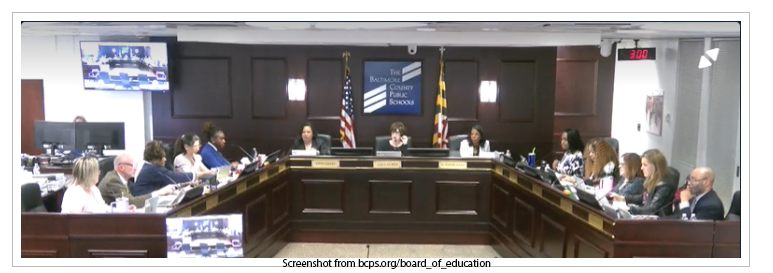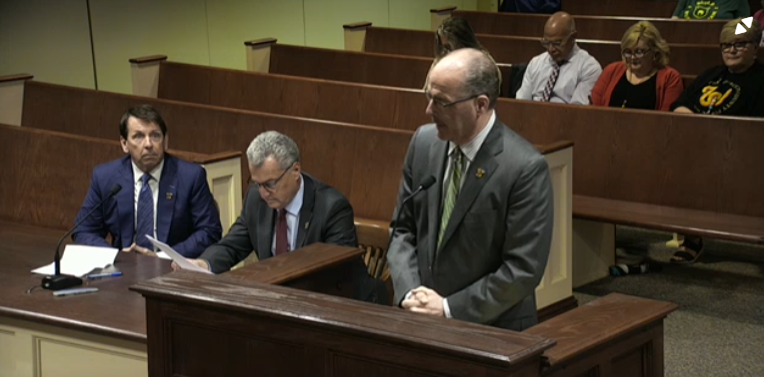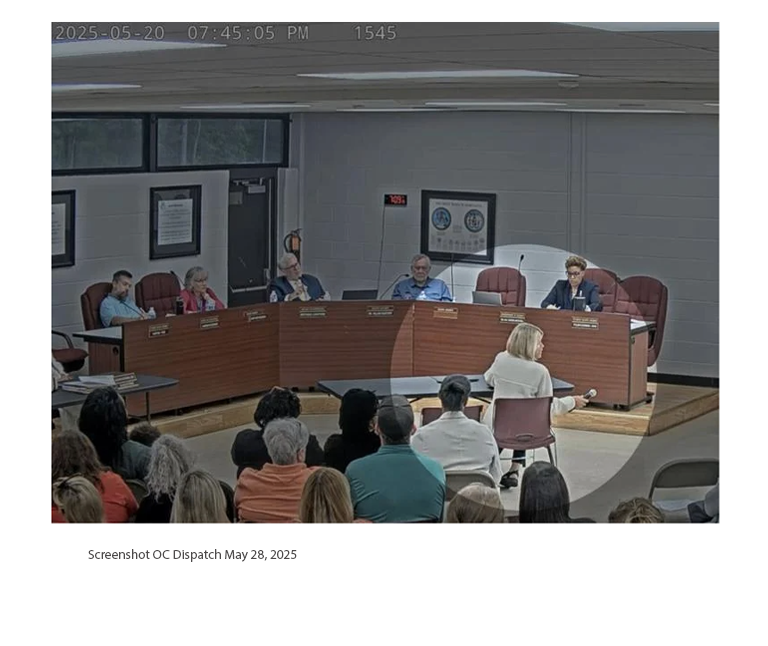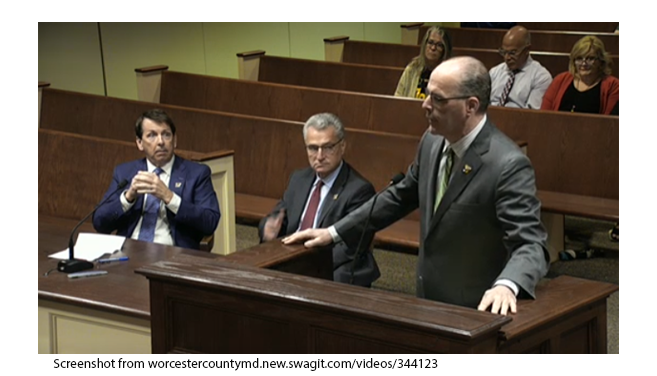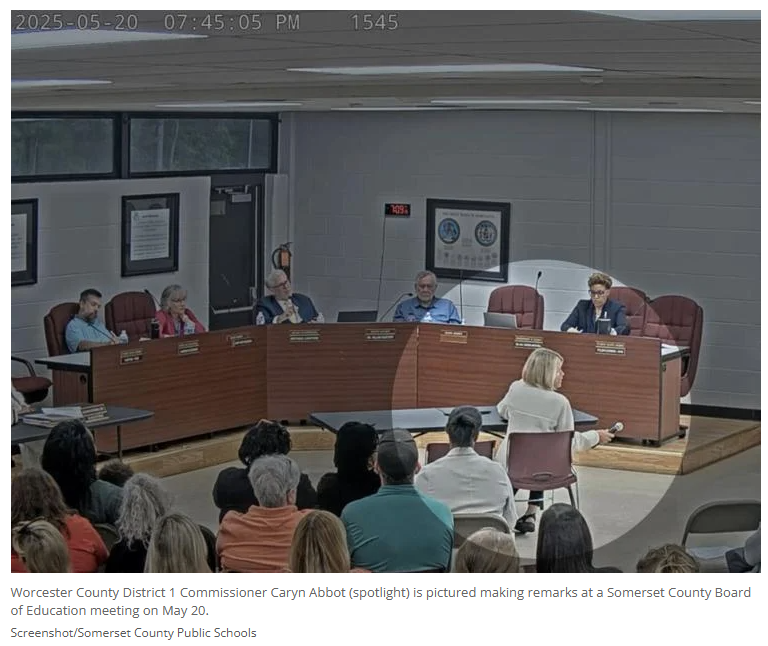
How to Become a Self-Aware School Leader (Opinion)
When Peter DeWitt invited responses to the prompt “what does leadership self-awareness mean to you,” many ideas came to mind. I pondered what it means to be self-aware. Admittedly, the first thing I thought about was Sky-Net (Terminator movies) and how self-aware artificially intelligent networks and machines attempted to take over the world. That fanboy confession aside, I delved into current research. I noted that although much is written about defining the construct of self-awareness, there are varying views about what it really means.
What does it mean to be self-aware?
Through systematically coding and synthesizing over four decades worth of literature on the multifaceted nuances of self-awareness, Carden, Jones, and Passmore (2022) offered the following working definition:
“Self-awareness consists of a range of components, which can be developed through focus, evaluation and feedback, and provides an individual with an awareness of their inner state (emotions, cognitions, physiological responses), that drives their behaviors (beliefs, values, and motivations) and an awareness of how this impacts and influences other.”
What does this mean for educational leaders? Being a self-aware leader means we critically examine our own actions, decisions, and thought processes in understanding our influence and impact on the environments in which we live, work, and serve. Self-awareness calls us to assess our strengths and weaknesses via an honest examination of conscience. Self-identity, self-image, mindfulness, and metacognition are factors to consider in such an examination. This requires making time to reflect intentionally on our personal beliefs and values while being mindful of the vision and mission of the organization(s) we serve.
Why is self-awareness so important? It is suggested that the performance of employees is “directly impacted by the level of self-awareness of the leader” (Febrianora, Eiparine, Almogbel, Mohere, & Salami, 2022 p. 4). As self-reflective leaders, we must be willing to challenge personal assumptions and biases, especially unconscious and self-serving bias. To be self-aware, we must embrace our tasks and challenges while welcoming disruptions to our thinking processes. We need the courage to invite critical feedback to inform our own metacognitive processes. Self-awareness is important because it “builds discipline and fosters growth that helps leaders to use their strengths to guide their teams to the best possible outcomes (Febrianora et al. p. 6).
Let’s face it, as leaders we sometimes default to “this is how I have always done things.” The danger of this is we often take our daily disposition toward leadership for granted. We become closed to possibilities about how to be more versatile, flexible, or efficacious in serving those we lead. Through being self-aware we seek to understand our feelings and attitudes not only about the why and what we must do, but more so, how we will do it! What then, is an effective way to become a more self-aware leader?
How I promote my own self-awareness
For me, self-awareness means being attuned to my disposition to serve others. This means that I must have both contextual and situational awareness of the needs of others. This requires having a rich sense of their affective state and, equally important, my own! Bandura reminds us that our affective state is how we feel about our own capabilities and capacity to organize actions and navigate challenges. He stated: “People with high assurance in their capabilities approach difficult tasks as challenges to be mastered rather than as threats to be avoided” (Bandura, 1977, p. 11). In terms of being self-aware, a leader needs to understand how to be assured in times of adversity versus succumbing to avoidance of challenges. Self-wellness, which I suggest is an integral part of self-awareness, is key to achieving this.
Think about self-wellness this way. When conducting preflight safety checks, an airline attendant reminds us that we must first know how to put on our own oxygen mask before helping others. This always sounds counterintuitive in my leadership mind. Why? We are so used to doing for others first that we often forget self-care. To be self-aware as a leader, we must be at peace with knowing how we feel and what we need to be best oriented to the leadership we provide each day.
How do I go about determining my positionality toward my own leadership self-awareness? I contemplate the challenges and joys ahead of me each day so that I can be best equipped to navigate my day. I use a reflective “self-check-in” which enables me to assess my daily disposition to leadership. I consider internal and external factors to gauge how I might best respond to the needs of my students, staff, and other stakeholders.
Think about the airline attendant again and the preflight safety checks that must be done in advance of takeoff. Knowing the state of team and equipment, verifying that required resources are readily on hand, and conducting a scan of environmental factors form a considerable part of being attenuated to the work to be done. It is necessary for the leader to be self-aware as to how to best prepare for and engage with the tasks of the day.
A self-awareness tool
While there are many processes and self-check tools available to leaders, I am a practitioner of a check-in that helps me to center four factors of self: head, heart, hands, and heels. I detail these in the table below.
Tim Cusack
Conclusion
Self-aware leadership is an essential process to personal growth and development. It requires a willingness to be vulnerable and honest with oneself about our strengths and weaknesses. Self-awareness involves examining situations from different perspectives and considering the impact of our affect and actions on others. Through an examination of internal and external factors using a self-reflective process, we can attenuate ourselves more capably and robustly (Head, Heart, Hands, and Heels) to understanding how to best embrace and engage with the challenges and joys we encounter daily in leading our learning communities.
Dig Deeper With Our Longreads
Newsletter Sign up to get our best longform features, investigations, and thought-provoking essays, in your inbox every Sunday.
The MEN was founded by John Huber in the fall of 2020. It was founded to provide a platform for expert opinion and commentary on current issues that directly or indirectly affect education. All opinions are valued and accepted providing they are expressed in a professional manner. The Maryland Education Network consists of Blogs, Videos, and other interaction among the K-12 community.


